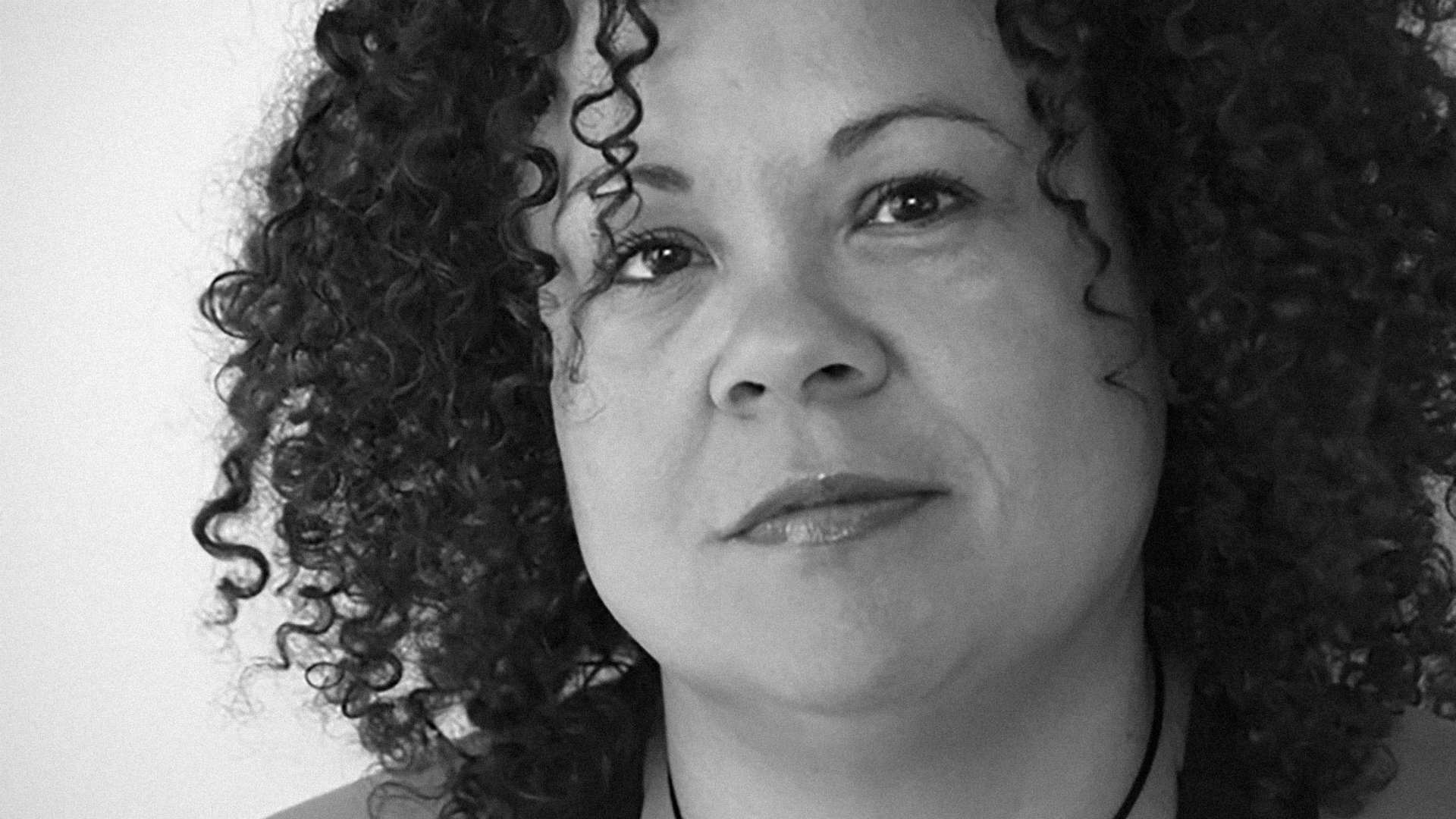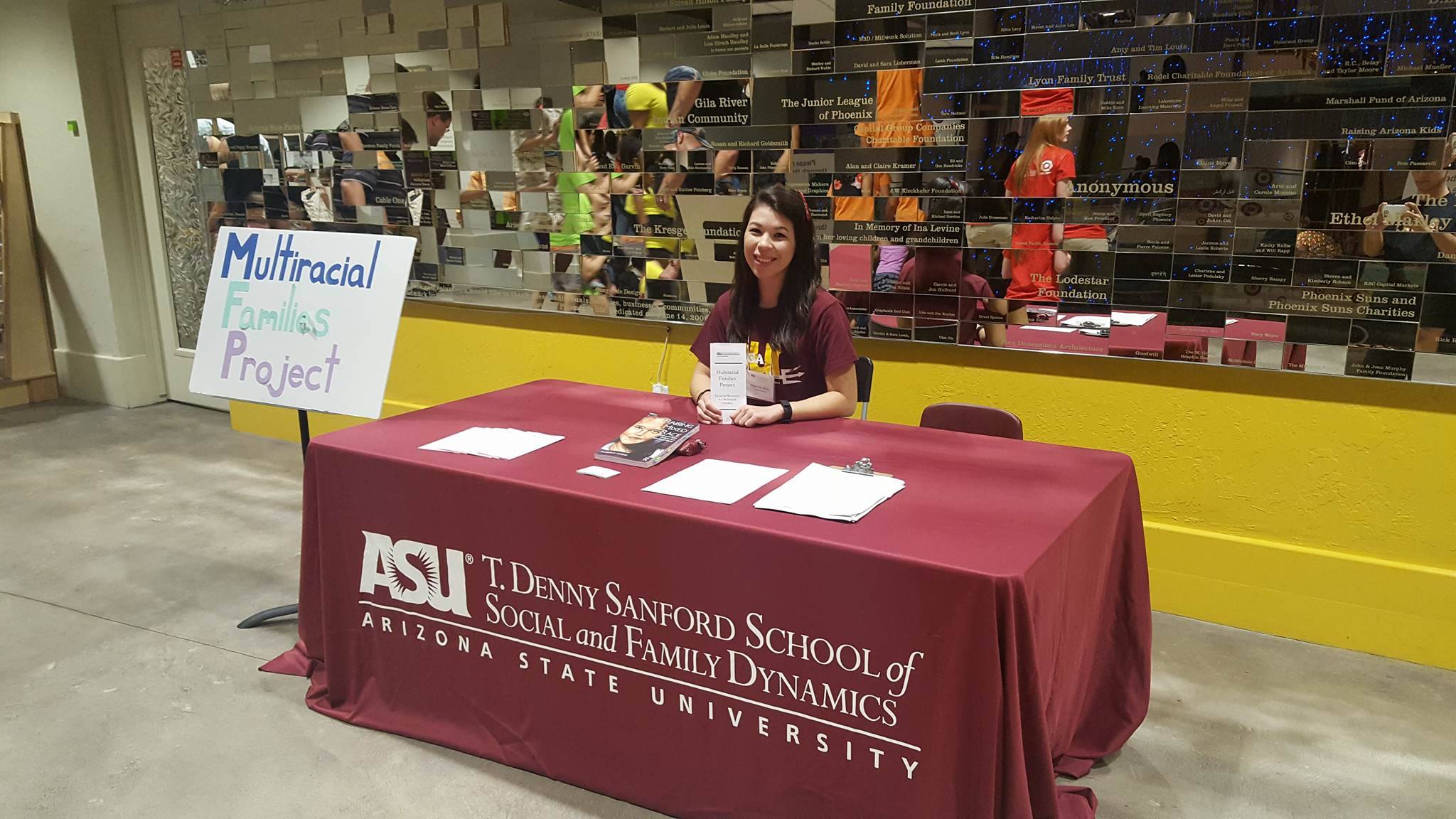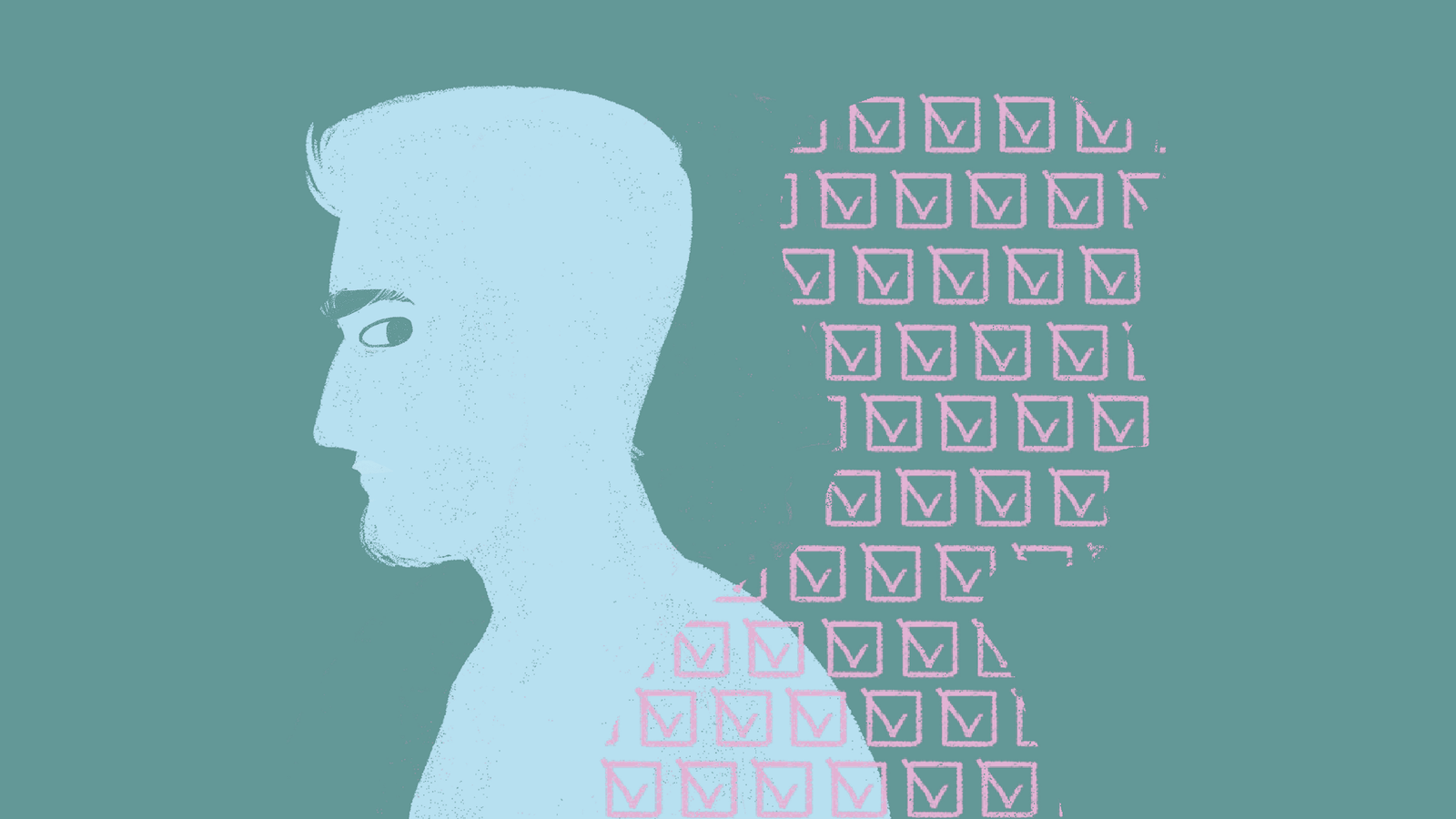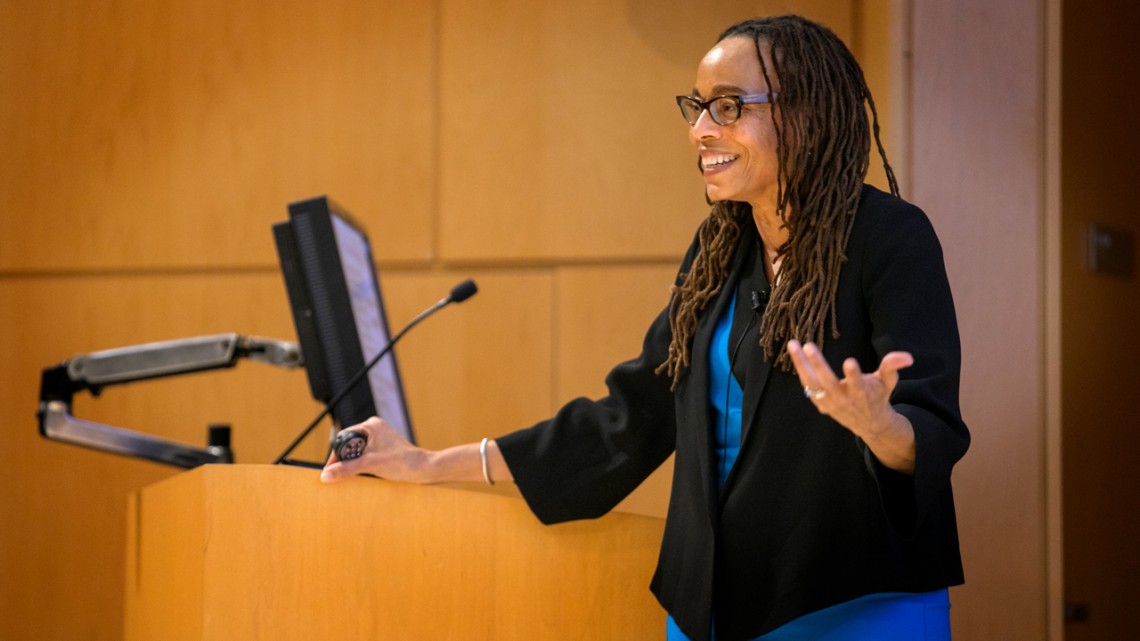Who gets to be Metis? As more people self-identify, critics call out opportunists
National Post
2017-11-23
Graeme Hamilton

Robin Robichaud shows his t-shirt after a meeting for the Wobtegwa aboriginal community, a new Metis group.
Christinne Muschi /National Post |
The arrival of new players is stirring up tension with established Métis groups and raising concern among First Nations leaders
SHERBROOKE, Que. – The scent of burning sage lingers in the air as drummers begin a song of welcome. They are traditions dating back centuries, but on this Sunday afternoon the ceremony opens a gathering of one of the country’s youngest Aboriginal groups — the two-year-old Wobtegwa Métis clan.
The meeting, held in a high school auditorium, has brought together members from a corner of Quebec stretching northeast from Montreal past Quebec City and south to the United States border. Some of those present have long known of their Indigenous roots; for others the discovery has come recently. But they have all come together to push for government recognition of their rights.
“This clan is sovereign on its territory,” Yves Cordeau, band chief for the Lac-Mégantic region informs the group.
If the claim comes as news to many in Quebec, it’s because the province’s Métis awakening is recent. Raynald Robichaud, the Wobtegwa’s clan chief, says even members of his own family discouraged him from returning to his Aboriginal roots. “We knew we had a great-grandmother who was aboriginal, but our family absolutely did not want to talk about it, because they were afraid,” he says. “For us now, the fear is gone, and people are coming back.”…
…Checking a box on a census or connecting to family heritage is one thing. But as groups like the Wobtegwa lay claim to special services and territorial rights — in some cases, the same land as other Aboriginal groups — a backlash to the influx of new Métis is emerging. Some critics question the motivation of those who “become” Métis, and the impact of their activism on more established groups. Others question the right to self-identify at all…
…Leroux, Gaudry and organizations representing western Métis maintain that mixed ancestry alone does not make one Métis. True Métis — as recognized by the Constitution as one of Canada’s three aboriginal groups — must have roots in Manitoba’s historic Red River settlement, they say. That can include Métis all the way west to British Columbia and into Ontario, but not as far east as Quebec and the Maritimes…
Read the entire article here.






